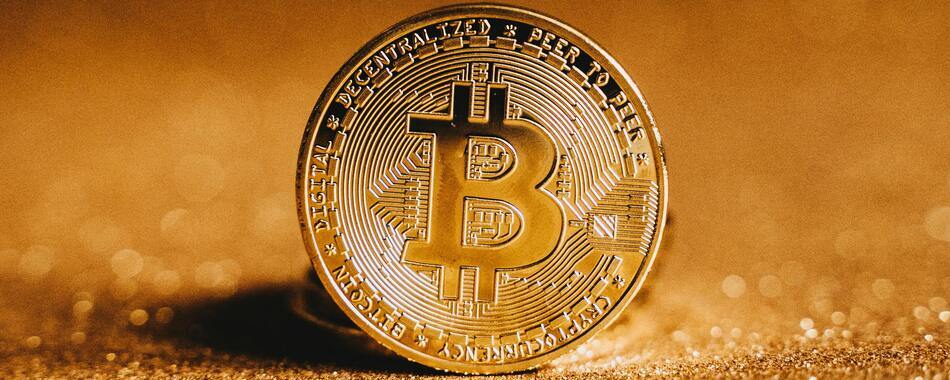Critique of Money and Education
Robert Kiyosaki, author of Rich Dad Poor Dad, argues that traditional education systems prepare students to become employees rather than investors, trapping them in a cycle of earning wages and accumulating debt. He believes this approach leaves people dependent on what he calls “fake money” unbacked fiat currencies like the U.S. dollar, which central banks can devalue through expansionary monetary policies.
Kiyosaki advocates for financial education that emphasizes asset ownership over job security. He recommends gold, silver, and Bitcoin as hedges against inflation and currency devaluation, citing long-term price targets of $1 million for Bitcoin, $30,000 for gold, and $3,000 for silver by 2035. His strategy often involves using debt to acquire appreciating assets, summarized in his statement, “If I go bust, the bank goes bust.” While this approach has drawn criticism for encouraging risky leverage, it has also sparked broader discussions about financial independence and alternative asset allocation.

Market and Policy Implications
Kiyosaki’s views resonate with traders, treasuries, and institutions reevaluating their exposure to traditional financial systems. His commentary has renewed interest in safe-haven assets and tokenized real-world assets, particularly as inflation concerns persist. However, his aggressive price predictions and debt-heavy strategies also attract regulatory and media scrutiny, especially regarding their suitability for retail investors.
For policymakers and educators, Kiyosaki’s critiques underscore the need for improved financial literacy programs and transparent discussions about monetary policy. While his methods remain controversial, his influence continues to shape conversations about wealth building, asset diversification, and the future of money.


